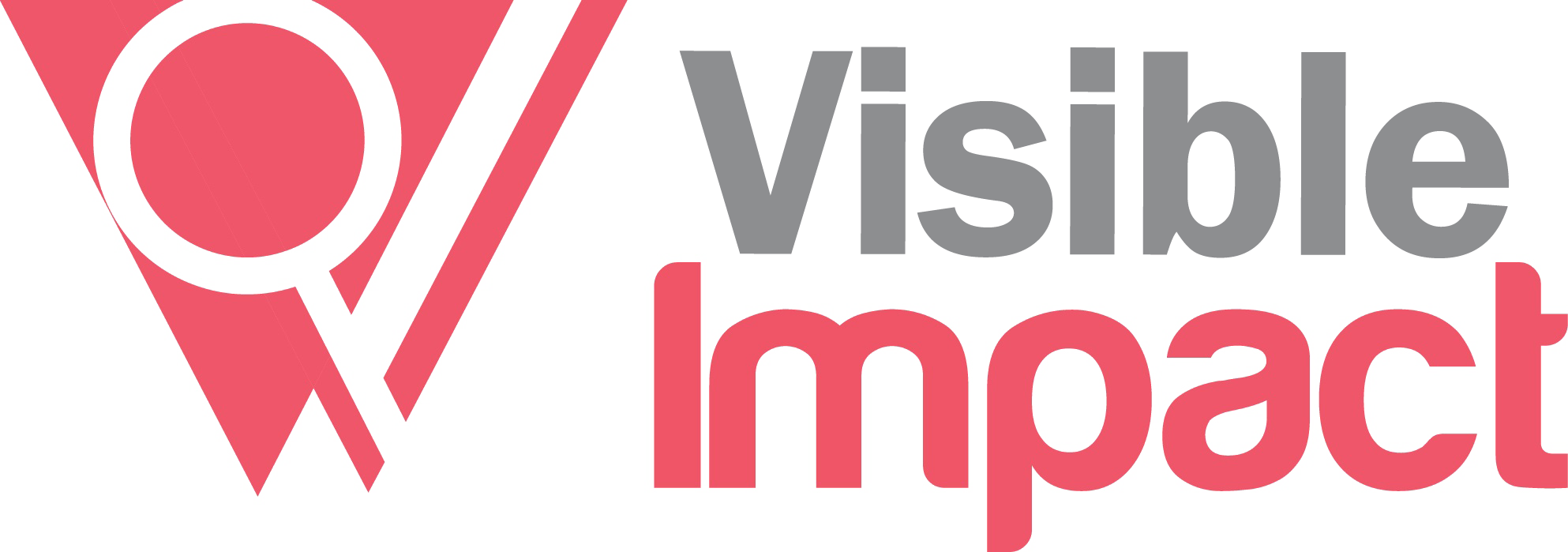" Nepalese health care delivery system in federal context."
.jpg
)
The constitution of Nepal promogulated in September 2015, declared Nepal as a federal republican country with autonomous and decentralized governance. In essence, health care system is a major concern from ground level. Health is legally considered as basic human right of public by the Constitution of Nepal. However, it is not yet clear on its existence or provinces. In fact, the constitution of Nepal appoints a council of ministers both at federal and provincial level without defining portfolios. Nepal being a low income and resource deficient country, health sector is continuing the progress with a very slow pace and health service delivery has not been optimal at grassroot level ignoring the need of the people. Even if government of Nepal have upgraded sub health post to health post and PHC, services and facilities still remain same at the bottom level. While talking about slow pace of development, we should not forget to talk about progress made on health related field. Past decade has witnessed a dramatic improvement of health of Nepalese, including declines in infant, neonatal and maternal mortality, reductions in chronic malnutrition, overall leap in average life expectancy and so on. It has aroused a sense of positive vibes among the people of country. People are showing more concern about their health. According to WHO, health is defined as " a complete state of physical, mental and social well being not merely the absence of diseases or infirmity". It means, health is just a utopian creation of human mind. People need to have positive mindset about the health services being provided in Nepal. Big question among the citizens and a great challenge for government is, whether federalism will be able to bring remarkable changes on health care delivery system of Nepal or not? Will this federalism result in much expensive health facilities? Do people of rural community still have to die just because of their inability to afford paracetamol? Nepalese people expect a good leadership and governance in health care system in federal context especially the backward and ignored population. Now, the government mostly focuses on decentralization of services, facilities and human resources for attaining basic health care. Local government can eliminate the inequities. If they embrace this opportunity to adopt a more community centric approach that was not possible under centrally managed services and on only outcome orientated health care system, the state and local governments can find ways to get services to people but there is no fit solution. Effectiveness of decentralizing medical doctors, nurses has been an issue of debate. However, with appropriate analysis, human resources can be deployed considering rural benefit and need based services. In addition, this can be the opportunity for government to decentralize maximum budget in public health sector. For this intersectoral coordination with health leadership are utmost importance to strengthen public health system delivery. In present context, Ayurveda, Homeopathy and other health system are being shadowed by allopathy or clinical medicine. After the implementation of federal government system, all should be treated equally, government should not turn blind eye to other health care delivery system of Nepal and provide better health for the people. As we know that prevention is better than cure but government has been turning blind eye to preventive medicine which must be wiped out without doing any delay. Keeping this in mind, preventive medicine should also be prioritized by federal government. There can not be any dramatic improvement in health of people until and unless there is good governance and all field are given equal importance by concerned authorities. Federalism will decentralize the resources and if, only if, those resources (either it be financial or non-financial) are utilized properly the country can bring all around development in the country.
